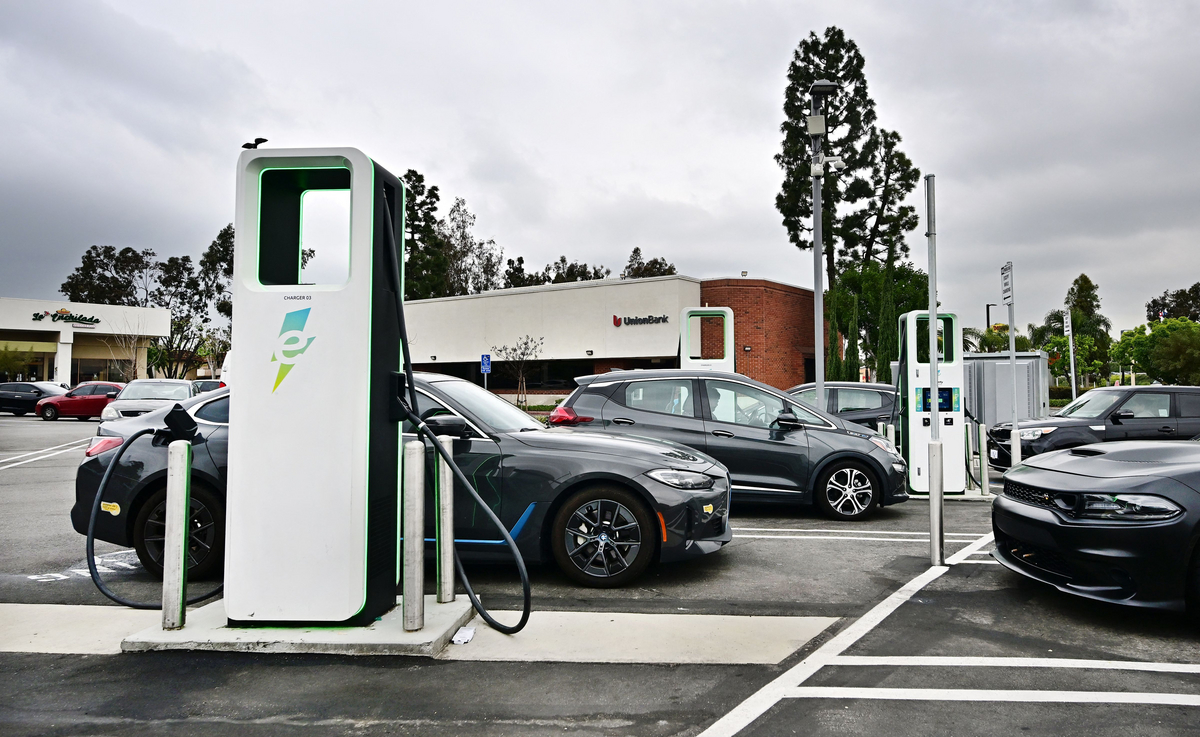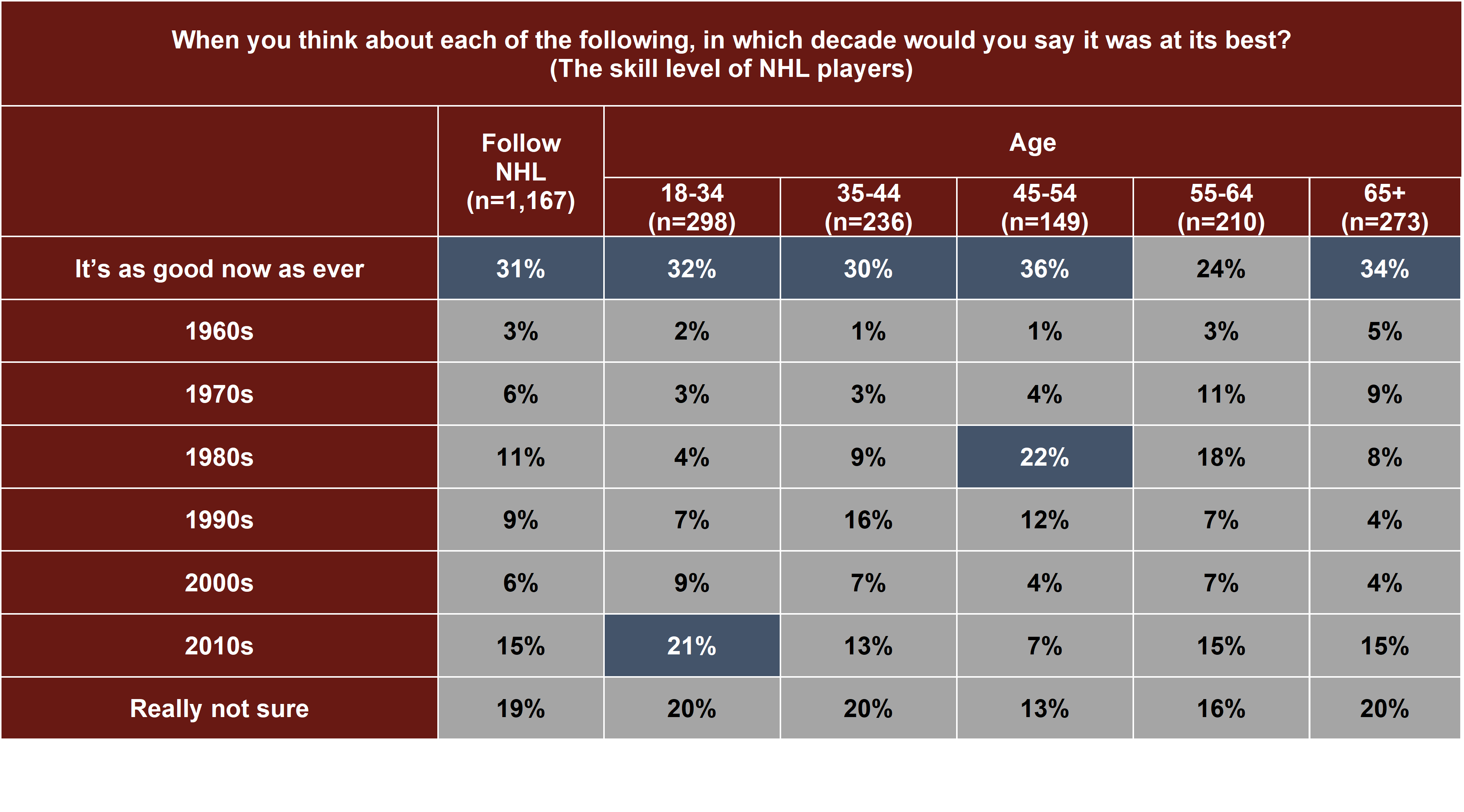EV Mandate Opposition: Car Dealers Push Back

Table of Contents
Economic Concerns and Investment in Infrastructure
The transition to electric vehicles presents significant economic hurdles for car dealerships. The high upfront costs associated with this transition pose a considerable financial burden. Dealerships face substantial investment requirements across several key areas.
-
High upfront costs of EV inventory and necessary infrastructure upgrades: Stocking EV inventory requires significant capital investment, exceeding that of traditional internal combustion engine (ICE) vehicles in many cases. Furthermore, dealerships must invest in charging station infrastructure, specialized tools for EV servicing and maintenance, and potentially even building renovations to accommodate the new technology.
-
Lack of government support for dealership infrastructure development: Many dealerships argue that government support for EV infrastructure development is insufficient. The financial burden of installing and maintaining charging stations, particularly in areas with limited grid capacity, falls disproportionately on the dealerships themselves.
-
The need for significant employee retraining to handle EV servicing and maintenance: EVs require specialized knowledge and tools for repair and maintenance, different from those used for ICE vehicles. Retraining existing staff and hiring new technicians with EV expertise represents a substantial cost for dealerships.
-
Uncertainty surrounding the long-term economic viability of EV sales compared to ICE vehicles: The current market for EVs is still developing. Dealerships are concerned about the long-term profitability of EV sales, especially if consumer demand doesn't meet projections or if government incentives are reduced.
-
Potential for reduced profit margins on EV sales compared to traditional vehicles: Some argue that profit margins on EV sales are currently lower than those on ICE vehicles, further exacerbating the economic challenges faced by dealerships.
Consumer Demand and Market Readiness
Another key aspect of the opposition to EV mandates centers on concerns about consumer demand and market readiness. While EV adoption is growing, several factors hinder widespread acceptance.
-
Concerns about insufficient consumer demand for EVs in the current market: While EV sales are increasing, they still represent a relatively small portion of the overall automotive market. Many dealerships question whether current demand justifies a rapid and mandated shift to EVs.
-
Range anxiety and limited charging infrastructure remain significant barriers to widespread EV adoption: The limited range of many EVs and the lack of a ubiquitous and reliable charging infrastructure remain major concerns for potential buyers. This "range anxiety" deters many consumers from purchasing electric vehicles.
-
The higher purchase price of EVs compared to ICE vehicles affects affordability for many consumers: The upfront cost of EVs is generally higher than that of comparable ICE vehicles, making them inaccessible to a significant portion of the population.
-
Lack of consumer awareness and understanding of EV technology: Many consumers lack a full understanding of EV technology, charging procedures, and maintenance requirements, which can hinder adoption.
-
Need for more public education campaigns to promote EV benefits: Increased public education campaigns are needed to highlight the environmental and economic benefits of EVs and address consumer concerns.
The Role of Existing Infrastructure
The existing automotive infrastructure, designed for ICE vehicles, needs substantial adaptation to accommodate EVs.
-
Adapting existing service centers and training mechanics to handle EV repairs requires substantial investment: Dealerships must invest in specialized tools, equipment, and training for their mechanics to service and repair EVs safely and effectively.
-
The current parts supply chain for EV components may not be fully developed to meet demand: The supply chain for EV parts is still evolving and may not be able to meet the demand created by a rapid shift to EVs, potentially leading to delays in repairs.
-
Potential job losses for mechanics specializing in ICE vehicles: As the demand for ICE vehicle maintenance declines, there’s a concern about potential job losses for mechanics specializing in these vehicles, requiring retraining and adaptation.
Regulatory Hurdles and Lack of Support
The rapid pace of regulatory changes surrounding EVs also adds to the challenges faced by dealerships.
-
Complex and rapidly changing regulations make it difficult for dealers to adapt: Frequent changes in regulations make it difficult for dealerships to plan for the future and invest appropriately in EV infrastructure and training.
-
Insufficient government support and incentives for dealerships to invest in EV infrastructure and training: Dealerships argue that government support for infrastructure development and employee retraining is inadequate to offset the significant financial burdens they face.
-
High compliance costs associated with meeting new EV mandates: Meeting the requirements of new regulations and mandates often involves significant compliance costs for dealerships, adding to their overall financial burden.
-
Lack of clarity regarding future regulations and potential changes to policy: The uncertainty surrounding future regulations and potential policy changes makes long-term planning and investment decisions extremely difficult for dealerships.
Conclusion
The opposition to EV mandates from car dealers is multifaceted, driven by genuine economic concerns, questions surrounding market readiness, and significant challenges related to infrastructure and regulation. Addressing these issues effectively requires a collaborative approach involving policymakers, manufacturers, and dealerships. Open communication, realistic timelines for the EV transition, and substantial government support for infrastructure development and employee retraining are crucial for a successful shift to electric vehicles. Ignoring the concerns of car dealers will likely hinder the smooth and effective adoption of EVs.
Call to Action: Understanding the concerns surrounding the EV mandate is crucial for creating effective policies that support both the environment and the economic viability of the automotive industry. Let's work together to find solutions that address the concerns surrounding the EV mandate and ensure a responsible and sustainable transition to electric vehicles. We need a collaborative effort to create a successful future for the automotive industry and the environment.

Featured Posts
-
 Menendez Brothers Sentences Could Be Changed Judges Decision Explained
May 15, 2025
Menendez Brothers Sentences Could Be Changed Judges Decision Explained
May 15, 2025 -
 The Stakes Are High Albanese And Duttons Competing Visions For Australia
May 15, 2025
The Stakes Are High Albanese And Duttons Competing Visions For Australia
May 15, 2025 -
 Post Export Ban Congos Cobalt Quota Plan And Its Effect On Market Stability
May 15, 2025
Post Export Ban Congos Cobalt Quota Plan And Its Effect On Market Stability
May 15, 2025 -
 Dodgers Master Plan Faces Padres Stiff Competition
May 15, 2025
Dodgers Master Plan Faces Padres Stiff Competition
May 15, 2025 -
 Ind As 117 A Catalyst For Change In Indias Insurance Sector
May 15, 2025
Ind As 117 A Catalyst For Change In Indias Insurance Sector
May 15, 2025
Latest Posts
-
 Stanley Cup Playoffs Nhls New Partnership With Ndax In Canada
May 15, 2025
Stanley Cup Playoffs Nhls New Partnership With Ndax In Canada
May 15, 2025 -
 Nhl Announces Canadian Partnership With Ndax For Playoffs
May 15, 2025
Nhl Announces Canadian Partnership With Ndax For Playoffs
May 15, 2025 -
 Nhl And Ndax Partner For Stanley Cup Playoffs In Canada
May 15, 2025
Nhl And Ndax Partner For Stanley Cup Playoffs In Canada
May 15, 2025 -
 Reshayuschie Matchi Pley Off Karolina Vybila Vashington
May 15, 2025
Reshayuschie Matchi Pley Off Karolina Vybila Vashington
May 15, 2025 -
 12 Golov V Pley Off Ovechkin V Istorii N Kh L
May 15, 2025
12 Golov V Pley Off Ovechkin V Istorii N Kh L
May 15, 2025
